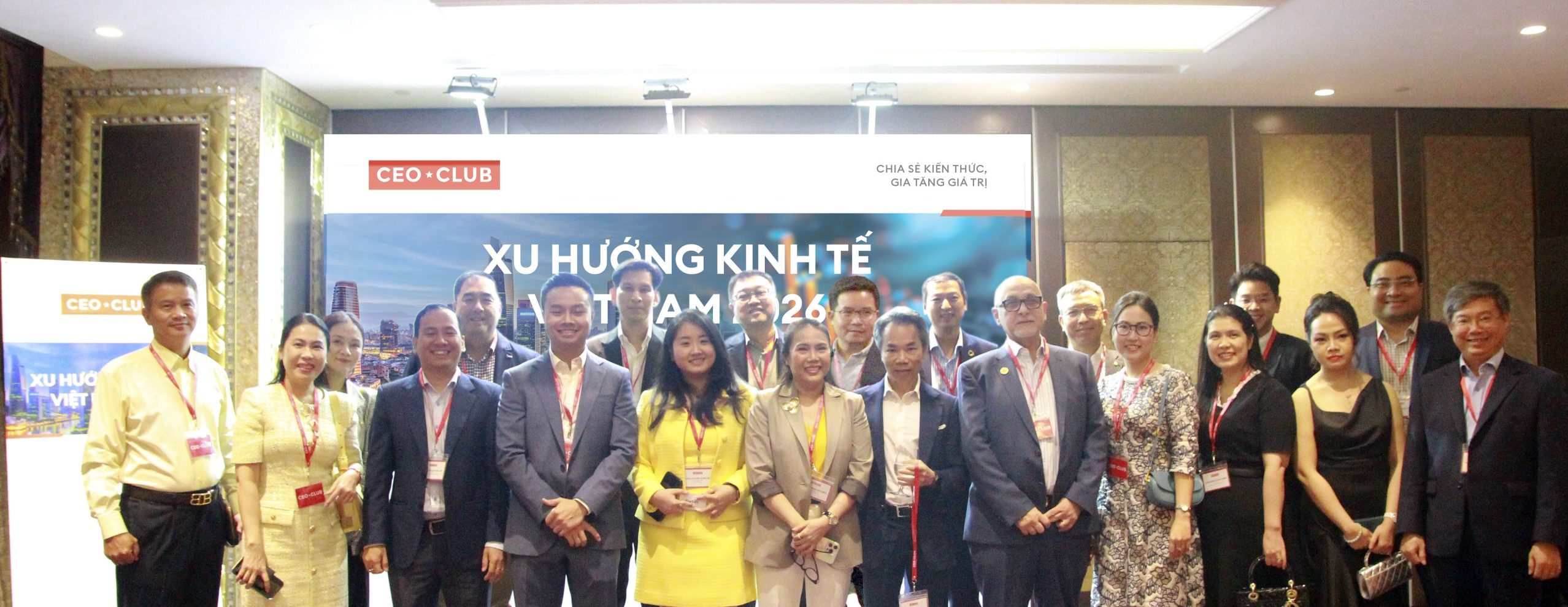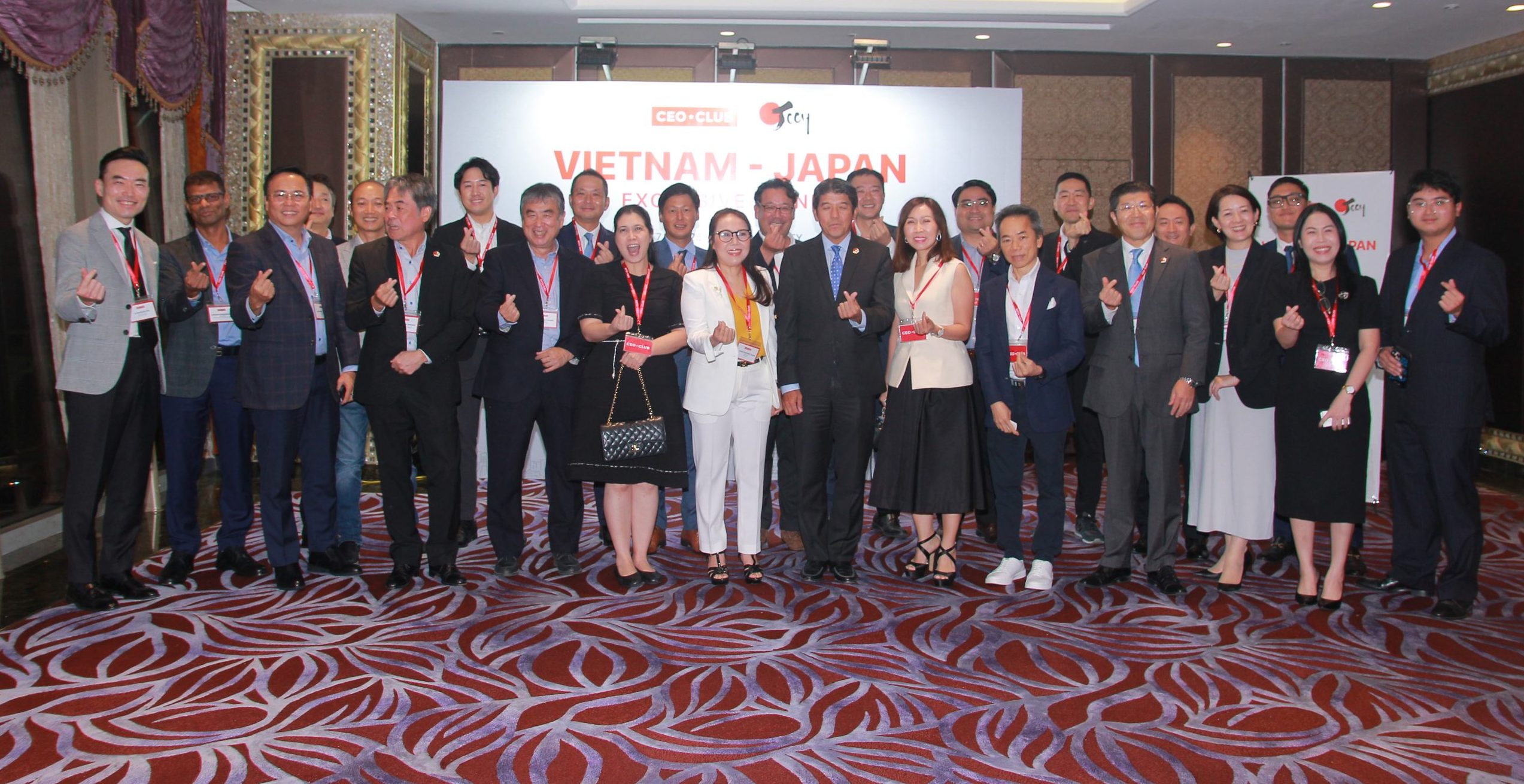Country aims to become a key player in rapidly growing sector vital to digital technologies
![]()
Vietnam’s Minister of Science and Technology Huynh Thanh Dat at the workshop on April 17. (Photo source: MoST)
Vietnam’s drive to become a significant player in the global semiconductor industry took center stage at a recent workshop held on April 17 at the Hanoi University of Technology.
The event, titled “Orientation of Science and Technology Research and Human Resource Development to Serve Vietnam’s Semiconductor Chip Industry,” highlighted the nation’s opportunity to claim a stake in this strategically crucial sector.
Organized by the Ministry of Science and Technology (MoST), the Ministry of Education and Training (MoET), and Hanoi University of Science and Technology, the workshop focused on the growing importance of semiconductor chips. These components underpin a vast array of modern technologies.
Semiconductors: The ‘Grains of Rice’ of the Digital Age
Minister of Science and Technology Huynh Thanh Dat emphasized the essential role semiconductors play, stating, “Semiconductor chips are like ‘grains of rice’ – they feed all different fields in this technological era.”
The global semiconductor industry, with a market value exceeding $520 billion in 2023, is projected to reach $620 billion by 2024 and surpass $1 trillion by 2030.
Historically, a few major players controlled the value chain. However, disruptions caused by COVID-19 and geopolitical shifts have led to a repositioning. This, combined with Vietnam’s growing technological prowess, offers the country a chance to increase its participation in the global supply chain.
“Vietnam possesses the right mix of opportunity and necessary factors to develop the semiconductor industry ecosystem,” Minister Dat asserted.
Vietnam’s Proactive Approach
Vietnam has made proactive moves to bolster its semiconductor ambitions. The Investment Law and the Corporate Income Tax Law now offer incentives for high-tech and large-scale projects, including semiconductor manufacturing, cultivating a favorable environment for the industry.
![]()
Speakers sharing insights at the workshop. (Photo source: MoST)
These legal incentives align with the national Science, Technology, and Innovation Development Strategy to 2030, which prioritizes the development of microcontroller and semiconductor component manufacturing technologies over the next decade.
Partnerships Fuel Progress
Vietnam has attracted roughly 40 international companies in the semiconductor chip industry from the United States, Korea, Japan, Taiwan, and the Netherlands. Alongside this influx, domestic players like Viettel and FPT have begun operations, building a well-rounded foundation for the sector.
The MoST supports programs that foster international technology transfer and train domestic experts in advanced microchip hardware design and manufacturing, ensuring Vietnam develops the necessary human capital to sustain its ambitions.
The Need for Collaboration
Experts at the workshop emphasized the importance of establishing a semiconductor industry ecosystem that links research institutes, universities, and businesses. Dr. Nguyen Anh Thi, Head of Ho Chi Minh City High-Tech Park Board of Management, underscored, “We cannot build a semiconductor chip industry without internal capacity.”
Vietnam’s Strategic Path
Deputy Minister of Science and Technology Tran Hong Thai concluded the workshop by reaffirming Vietnam’s potential in the semiconductor industry.
To translate this potential into tangible success, he emphasized several key priorities. At the forefront is the need to set clear goals for semiconductor development with a focus on the milestones of 2030 and 2050.
Additionally, fostering a robust Vietnamese semiconductor chip industry ecosystem is essential. This involves creating synergies between existing stakeholders and forging new collaborations. Furthermore, establishing strong semiconductor chip research centers is paramount for driving innovation and technological breakthroughs.
Deputy Minister Thai also stressed the importance of utilizing foreign direct investment (FDI) to integrate Vietnam more deeply into global supply chains. This will facilitate knowledge transfer and open access to valuable resources.
Finally, investing in training and developing skilled human resources will ensure Vietnam has the domestic talent pool necessary to sustain its ambitions in this technologically demanding field.
The country’s rising ambitions within the global semiconductor supply chain signal a future where Vietnam emerges as a significant player in the technologies shaping our world.
Dinh Phan (Source: en.vneconomy.vn)


